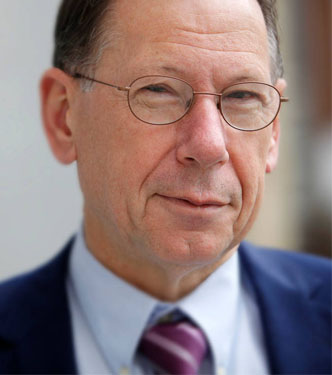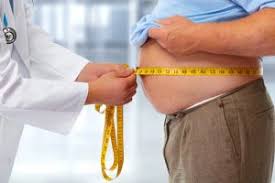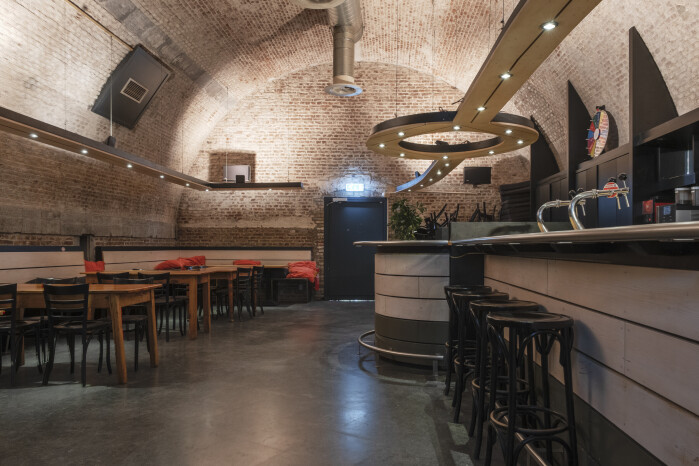25 years of the Maastricht Treaty: party or hangover?
The signing of the Maastricht Treaty marked the first step towards the establishment of the European Union (EU) as we know it today. Now, 25 years later, it is time to take stock. Has the EU lived up to expectations? Is it up to the task of addressing the problems of our time – the euro crisis, the refugee crisis, Brexit and rising anti-European populism, with Trump as just the latest variation on this theme? Has the ideal of an integrated Europe become obsolete? We asked a number of Maastricht professors for their views. If it were up to Luc Soete, professor of International Economic Relations, Brussels should be given more power.
“It’s worth celebrating that 25 years ago we took a big step towards further economic and monetary integration. I see that as a positive development which was scuppered by the referendum in 2005, when the Netherlands and France said ‘no’ to the European constitution drawn up during the Convention between 2002 and 2003. I still consider it a political disgrace that the Netherlands didn’t sign; a fault line in the European project. Balkenende and the other Dutch politicians placed no value on it. If the Convention had come through we’d now have had more political integration, not just economic.”
Why is economic integration not enough?
“My view is that further integration, even with the Convention as a step towards political integration, was unworkable because it’s solely based on economic integration. The EU is founded upon treaties and agreements that foster prosperity and internal trade. Take the establishment of a single currency union and the Schengen Agreement, which promotes the mobility of people and goods. All these economic benefits have led not to more political unity but rather to the opposite. The more prosperity there is, the more people go in search of their own identity – a movement we’re seeing now.”
How can the Netherlands, as one of the founders and a staunch supporter of the EU, have become so anti-European?
“One reason is that the Netherlands has mainly gone in for self-interest: what are we putting in and what are we getting out? It’s a mentality inspired by the UK under Thatcher: ‘We want our money back.’ The economic calculations of what the Netherlands gives and gets in return, where we’re a net contributor, are distorted and inaccurate. Yet Balkenende propagated this line of reasoning, which puts national above European interests. As I see it, this contributed to the Dutch rejection of the Convention. The second cause of the Dutch turnaround was the criticism of the ruling ‘purple’ coalition of liberals and social democrats by Pim Fortuyn and others. This opposition to elitist governance culture emerged early in the Netherlands, and has been much harsher than in other places. But you see that same elite governance culture in Europe, in the distance between the European Parliament and the citizen.”
Why can’t and won’t Dutch politicians explain how important Europe is for us?
“I don’t know. I’ve spent the last 20 years being frustrated at the way Dutch politicians talk about Europe. For years the Dutch media have been giving huge amounts of airtime to critics of Europe; there’s a lot less of that in Germany or Belgium. That brings me back to the Convention, where not only politicians dropped the ball, but academics too. Ronald Plasterk, who was then still a professor, was president of a group of academics that spoke out influentially against the referendum. They saw the Brussels framework programmes, which distributed research funding, as too bureaucratic. No doubt about it, but that was no reason to vote down the Convention. Why is there so much bureaucracy? Because the European Court of Auditors requires the agencies responsible for allocating research funds in the EU to have you answer all sorts of questions, fill in all kinds of forms, declare your hours and so on. Check upon check upon check, all typical of Europe, but imposed by the member states because it involves European tax revenues that go to a number of member states. In my view, it’s the height of duplicity. Fortunately a lot of that excessive red tape has since been phased out.”

Luc Soete (1950) was Rector Magnificus of Maastricht University (UM) until September 2016 and has been professor of International Economic Relations at UM’s School of Business and Economics since 1986. He is a member of the Royal Netherlands Academy of Arts and Sciences and president of the Research, Innovation and Science Policy Experts (RISE) group at the European Commission. In 1988 he founded the Maastricht Economic Research Institute on Innovation and Technology (MERIT), now a leading research institute in the economic analysis of technological developments and innovation. MERIT became part of United Nations University (UNU) in 2005.
You believe the future of the EU lies in further integration, but the current trend is towards “own country first”. What now?
“For me it’s not merely about more or less integration; there are other paths too. On a number of issues, such as migration and security, much more integration is needed if you want to be effective. But on other issues – agriculture, say – we could do with less, or with something else altogether. Policies should be made at the level where they’re most effective. Personally I’m strongly in favour of a European research policy. For me it’s absurd that alongside the European Research Council the member states all still have their own national agencies that do the same thing. And it’s those very agencies that stand in the way of a single European research policy. The Wellcome Trust in the UK hands out some 800 million euros annually just for life-sciences research. The NWO in the Netherlands spends about 600 million per year on all research fields, the FWO in Flanders about 200 million and Luxembourg 50 million. And there are another 30 such agencies around Europe. Every one of these organisations works with tenders, reviews, project proposals, all of which often end up being assessed by the same small coterie of researchers. It’s clear the process would benefit from economies of scale. Let the ERC take the reins when it comes to European research policy.”
What’s the biggest misconception about the EU?
“That they take power from the member states; that’s just not true. My point is that it would actually be desirable in a handful of areas. At present there’s a kind of top layer that overlaps with the national layer, which makes for constant tension between the EU and the member states and means they’re continually passing the buck. That top layer should be given real power in a few areas, as it has in agriculture or used to have over trade."
What will the EU look like after Brexit?
“I’m a pragmatic economist, so I tend to be guided by economic advantages: what will result in a win-win situation? A hard Brexit – a total split between the UK and Europe – is not win-win, but lose-lose. I think a number of points will emerge soon on which both sides want to agree, to their mutual benefit. The only reason it hasn’t happened yet is because the negotiations are just getting off the ground. Everyone’s still in fighting mode. Take the conditions attached to most European grants, such as the obligation to spend six months doing research in another member state. If England is no longer a member state there’ll be no legal foundation for this obligation, yet I imagine a lot of effort will be put into maintaining it. Is it in our advantage if the UK is not part of the Erasmus exchange programme? No. Cambridge, Oxford; these are highly respected universities with international teams you want to collaborate with. Some countries see admitting that as a betrayal. I think it’s important to salvage those pure win-win situations.”
Will anti-European populism prevail?
“Populism and increasing nationalism are a great threat for Europe. Be they in France, Germany or the Netherlands, populists want more power for the member states. But people who argue that Brexit should be followed by Nexit don’t know what they’re talking about. The UK is a relatively big country, an island, and not part of Schengen or the single currency. Without Europe they may be able to go it alone. Not so for countries on the continent; we’re now inextricably intertwined with one another. But the UK, too, will pay a steep economic price in the long term.
“Just as I didn’t expect Wilders to come to power in the recent elections, I don’t see Le Pen managing it in France or the AfD having a significant influence in Germany. And then the crisis year 2017 will pass, and after the elections and all the Brexit negotiations Europe will end up more strongly united. I’m fairly confident things will turn out all right. But then, I also never thought there’d be a Brexit.”
Also read
-
As a toddler, Pieter du Plessis couldn’t stay away from the kitchen. He later entertained the idea of becoming a chef—until his dream faltered under the harsh light of reality. Now a PhD candidate at Maastricht University, he uses national dishes as a lens to examine South Africa’s past and identity...
-
A study conducted by the Easo led by Prof. Gijs Goossens of Maastricht UMC+ and Dr. Luca Busetto published today in Nature Medicine.
-
Maastricht University takes care of many distinctive buildings and art works that we all know. By giving them a new purpose, we preserve these icons and give them a new meaning, making them the vibrant heart of a bustling city.
Did you know that these buildings and art works also provide access to...


